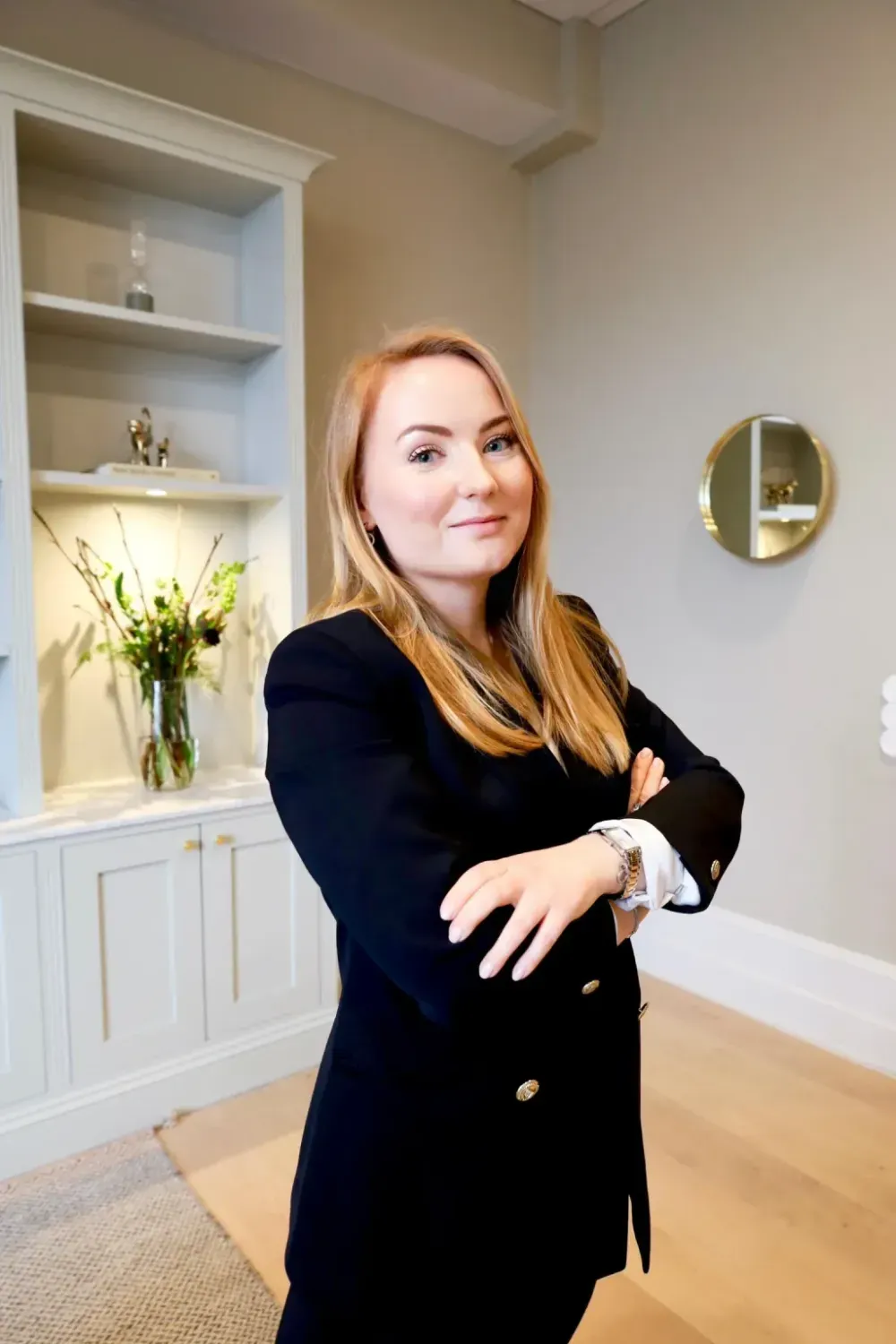Dialogue challenges the debate

Aren't we all tired of all this debating? Don't we long for more in-depth discussions and fewer heated monologues?
But what's the difference between those two concepts, really? Have you ever wondered what distinguishes dialogue from debate?
One of the most exciting communication concepts I know is the simple concept of dialogue. The concept of "dialogue" is a concept that everyone knows to some extent, but very little research exists on the subject - considering how many people are actually affected by dialogue.
The research on dialogue often takes its starting point from Habermas' research on deliberative democracy. The normative (prescriptive) approach to dialogue is seen as particularly relevant for communication theorists and practitioners because dialogue then refers to all identifiable moments of contact between all people. This is the perspective I proceed from below.
What is Dialogue?
The definition of the concept of dialogue usually expresses that dialogue is about two-way or multi-way communication. Providing information to someone or giving a speech and preaching to someone in a one-way communication is not a dialogue but rather a monologue.
Dialogue is "Thinking Together"
Researcher Bohmian defines dialogue as "thinking together." Bohmian's approach defines dialogue as a specialized form of collaborative communication emphasizing interpersonal win-win relationships. Researchers Goddall and Kennett suggest that achieving dialogue often results in a deeper understanding of both oneself and others.
Researchers Kent and Taylor suggest that participants in a dialogue demonstrate "the ability to listen without anticipating, interrupting, competing, contradicting, or distorting meanings in predetermined interpretations." Kent and Taylor also suggest that dialogue is not synonymous with "debate" but is more akin to a conversation between lovers where each has their own desires but seeks the other's well-being.
"Achieving dialogue often results in a deepened sense of connection between oneself and others" - Goddall & Kennett
Researcher Kent suggests that dialogue is a one-on-one relationship tool. Dialogue is not about mass communication. Dialogue represents a give-and-take relationship that arises between two people or in small groups that follow strict rules to maintain fairness, trust and the opportunity for everyone involved to express their views. Dialogue is about an orientation towards communicating with others, not about a simple procedure or process. According to Kent, dialogic encounters can build long-lasting relationships, but dialogue as a professional tool is much more than that.
Dialogue in practice
Consensus is an ideal in much research about dialogue. Through rational conversation, researcher Habermas suggests that dialogue will result in a proposal that everyone agrees with and that the dialogue has led to consensus.
According to Habermas, the concept of consensus can be applied to two levels: the formal framework level and the content level. He suggests that at the framework level, there should be a common idea of how the conversation should take place, and at the content level, there should be a common idea of what it is to be talked about.
What are your thoughts?
Everything described above is, of course, just tiny parts of the research perspective on dialogue that are incredibly interesting, especially when considering the rise and fall of social media.
Because aren't we all tired of all this debating that has marked social media platforms for years? Don't we long for more in-depth discussions and fewer heated monologues?
Are you also tired of the biased, one-track conversations on social media? Do you also long for more in-depth and nuanced conversations and dialogues rather than heated debates online?
